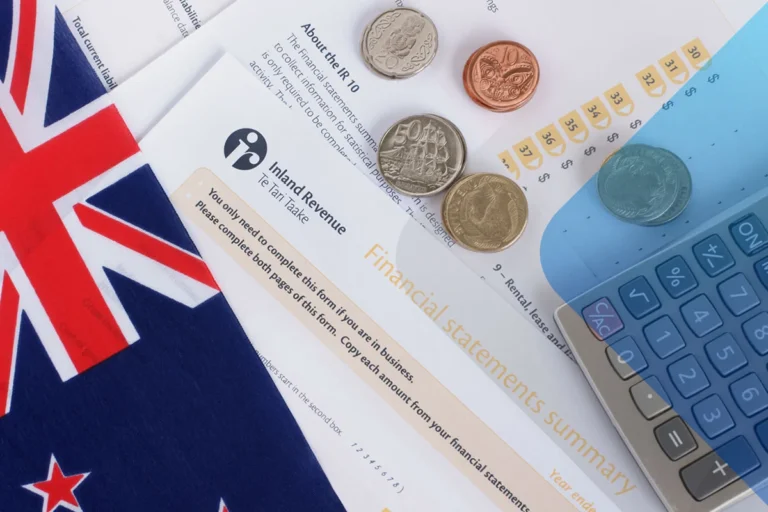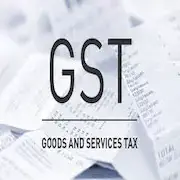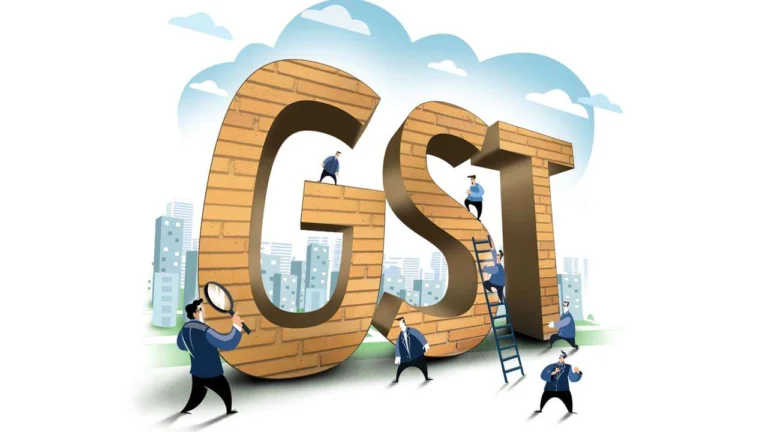If you have registered your business for goods and services tax in New Zealand, filing for GST returns can sometimes become tricky. When tax filing protocols are not being followed properly, the errors might turn out to be quite fatal for your business. These errors are often unintentional, however, they tend to create a huge impact on your business. You might either pay too low or too high of a GST.
Worry not!
We will discuss the 9 common mistakes to avoid when filing GST returns in New Zealand. But first and foremost, we need to understand the concept of how the GST works in New Zealand and how to register your business for it!
How Does GST in New Zealand Work?
The goods and services tax is levied on most of the goods and services in New Zealand, which is set at a rate of 15%. It was introduced in New Zealand back in 1986, which started at a rate of 10%, increased to 12.5% in 1989 and currently stands at a rate of 15%. If your business is GST registered, you can claim GST returns if you are procuring items for your business. As a business owner, you can even charge 15% GST for things you sell or services you render, on behalf of the New Zealand government. As a business owner, you should be aware of tax-exempted, zero-rated as well as special supplies when making transactions.
Once you apply GST to goods or services you provide, you need to return the revenue generated through taxation to the Inland Revenue (IRD). Your business might procure services from other suppliers; in that case, you can apply for GST refunds. There are multiple technicalities involved in GST returns and often there are great chances of errors. Your business certainly needs to avoid these common mistakes when filing GST returns in New Zealand. But before coming to that point, let’s discuss how to register for GST in NZ in the first place!
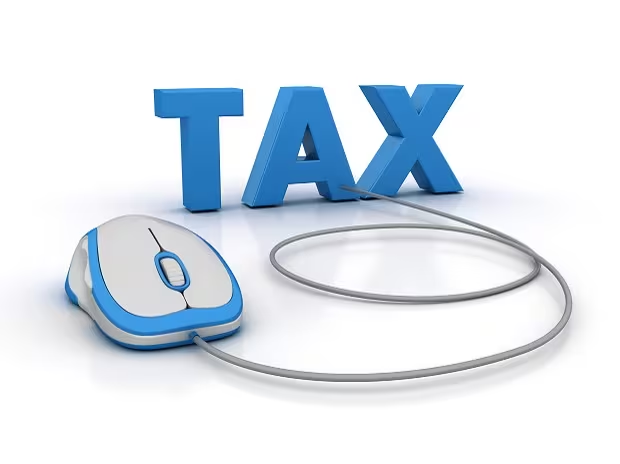
When to Register for GST?
When registering your business for value-added tax in New Zealand, you need to check if your business can satisfy the terms and conditions, while either working as a contractor, as a sole trader, in partnership with someone or as a company.
To register your business for GST in New Zealand, you must calculate if your business has the potential to generate revenue of more than $60,000 in the next 12 months. It is a must requirement for those businesses that can and have achieved a turnover of more than the minimum threshold. If your business can not produce a revenue of $60,000 or more, you can either skip registering for GST or voluntarily sign up for it.
Though registering for GST on a volunteer basis might seem like a hustle in the beginning, later on, your business does benefit in the form of a GST refund. This clause is applicable if your expense exceeds your income. However, once you complete your GST registration process, whether by qualifying the criteria or signing up on a volunteer basis, you need to file the GST returns on a regular basis before the due date each year. In the next section, we will discuss the eligibility criteria for GST returns before highlighting the common mistakes to avoid when filing GST returns in New Zealand.
Eligibility Criteria for GST Returns in New Zealand
In New Zealand, your business needs to file GST returns in a certain frequency, which depends upon the following turnover levels:
- Monthly – You need to file tax returns on a monthly basis if your business has a turnover above 24 Million NZ Dollars.
- Two-monthly – If your business produces a turnover between 500,000 and 24 Million NZ Dollars, you will file tax returns every two months.
- 6-monthly – If your business has a turnover of less than 500,000 NZ Dollars, your business should be filing GST returns after 6 months.
GST returns should be filed by the 28th of the month after the end of the GST reporting period. Irrespective of the frequency, the date for GST returns filing is the same. In the upcoming section, we are going to highlight the common mistakes that you must avoid when filing GST returns in New Zealand.
our tool to calculate GST in few clicks GST Calculator NZ
9 Common Mistakes to Avoid When Filing GST Returns
While filing your GST returns, there are high chances of committing common GST mistakes. Irrespective of your background, you need to be aware of these common mistakes when filing GST returns in New Zealand to make sure you maintain a tax-compliant status:
1. Absence of Proper Documentation
As a business owner, one of the serious mistakes that you can commit is not being able to maintain proper documentation. You need to keep a meticulous record of each and every transaction that you have made, be it in the form of invoices, purchase records or supply bills. That way you’ll be able to file GST returns in the presence of solid proofs and records. You should be able to maintain all of the invoices and records for the next seven years at least.

2. Not Maintaining Reserves for GST
One of the serious errors that you can make is not putting aside money to file these taxes. You need to keep a particular amount of money in a separate account for paying GST otherwise, you might end up getting delayed in GST payment. Such a situation might lead to retribution in the form of heavy interest and other penalties from IRD.
3. Not Charging GST Due to Low Turnover
One of the gravest mistakes that GST-registered businesses in New Zealand tend to make is that they stop charging for GST once they realize their turnover is below the threshold of $60,000. As a GST paying business, you must continue charging a GST rate of 15%, unless there are special cases of zero-rated, reduced-rated or exempted products or services. You can discontinue once you inform IRD of deregistering your business from goods and services tax.
4. Inaccurate Invoice Information
While filing the tax returns, if you happen to enter incorrect information, such as stating the wrong Goods and Services Tax Identification Number (GSTIN), entering the wrong invoice details or even miscalculation the tax amount, you can get yourself into serious trouble. You need to be more thorough when entering your information while filing your GST.
5. Failing to Inform IRD of Deregistration
One of the most common mistakes to avoid when filing for GST returns in New Zealand is forgetting to deregister in case you wind up your business and have no plan whatsoever to initiate any taxable activity within the 12-month GST period. If you do close up your business, you need to cancel your registration within the next 21 days.
6. Paying No Heed to Notices & Compliances
Being a business owner, you need to be really careful when it comes to keeping yourself aware of the GST due dates and also making sure you keep qualifying the criteria for GST compliance. Otherwise, you could end up in big legal trouble or even receive penalties from IRD.
7. Unable to Match with GSTR-2A & GSTR-3B
If you are unable to reconcile your GSTR-2A, which refers to your purchase data, with your GSTR-3B, which targets the data you’ve filed, it can often lead to non-compliance issues. When you are unable to match both of the data sets, you might not be able to file a claim for full Input Tax Credit (ITC) and further, might not be successful in reversing any excess ITC claims.
8. Invalidating GST in of Suppliers
One of the common GST mistakes to avoid is to verify the GSTIN of your suppliers using the GST portal. The more you are vigilant about these practices, the more your chances of spotting incorrect or fake GSTINs, thus making sure to decline any possible denial from Input Tax Credit claims.
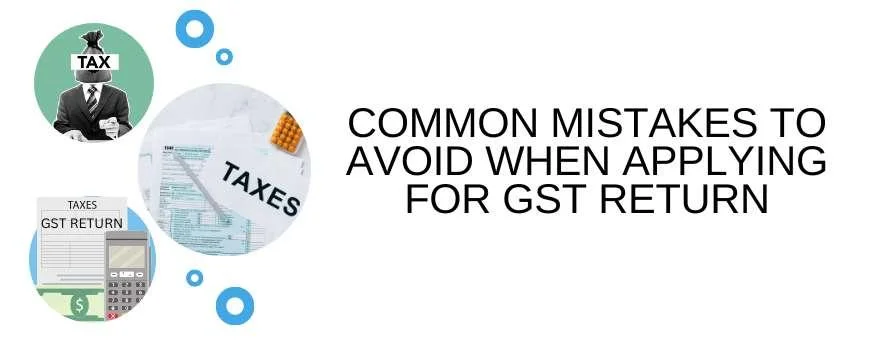
9. Unable to Withdraw Claim for Private Assets GST
Last but not least among the list of common GST mistakes, you cannot claim GST for private use of business assets. It is better to consult with a legal lawyer on how to adjust your GST for your business, especially after you decide to deregister. Furthermore, purchases made on behalf of official assets for your business from a personal account need proper attention from the accounts and legal team, otherwise, you can miss GST claims!

